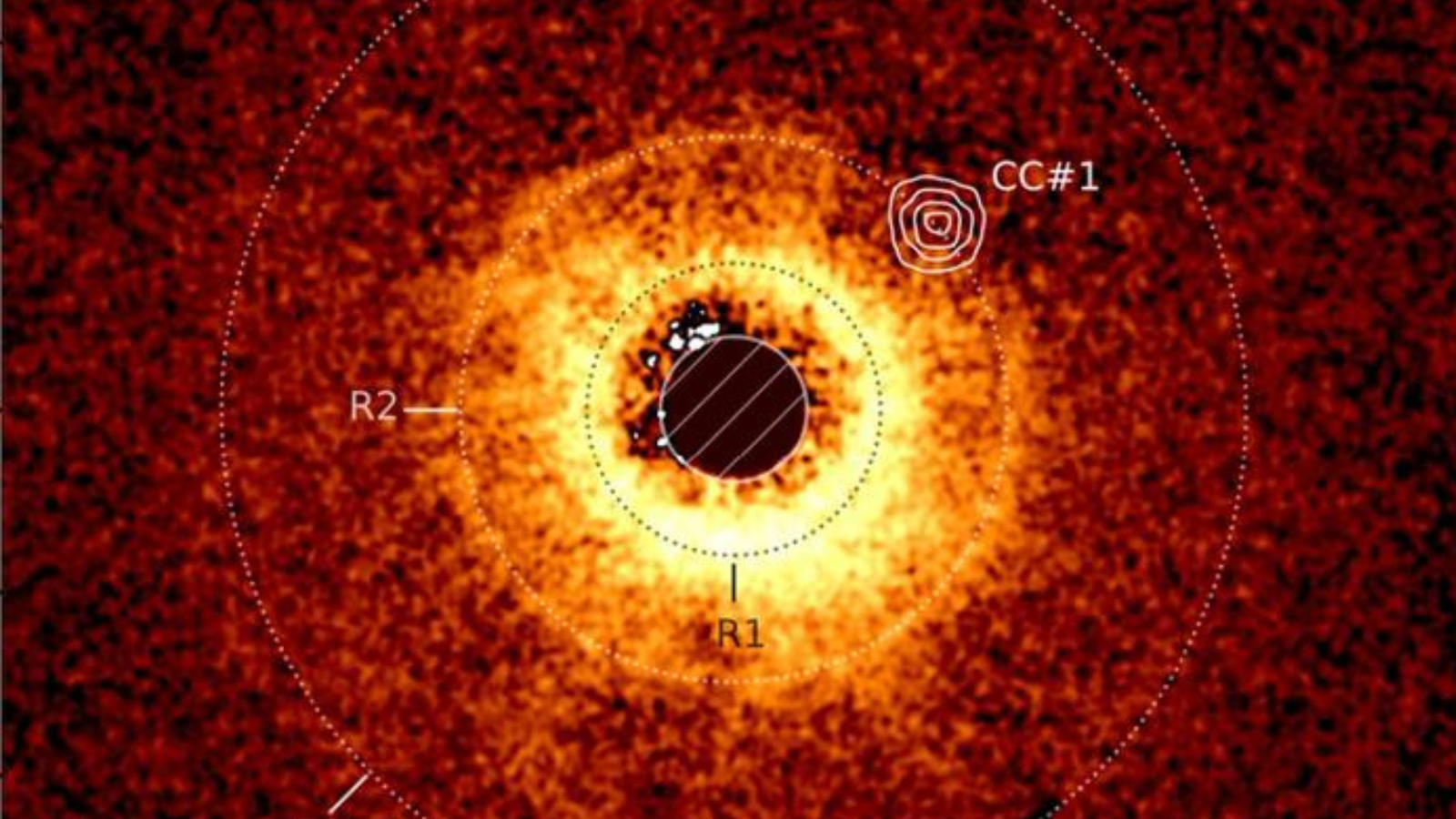Rocket Lab Electron Booster Launches 4 Satellites Into Orbit
Update, 9:15 a.m.: This story was updated to confirm that all four satellites successfully deployed.
The private spaceflight company Rocket Lab launched four new satellites into orbit in a dazzling predawn liftoff for the U.S Air Force Space Command and companies in Seattle and France on Monday (Aug. 19).
Rocket Lab's two-stage Electron booster soared into space at 8:12 a.m. EDT (1212 GMT) from the company's Māhia Peninsula launch site in New Zealand, where the local time was 12:12 a.m. Tuesday. The launch was delayed three days due to unacceptably high winds at the launchpad.
Everything went smoothly with the launch itself and the rocket deployed the four satellites before 9:15 a.m. EDT, Rocket Lab confirmed in a tweet.
All payloads deployed! That's now eight Electron launches to date and a total of 39 satellites delivered to orbit #LookMaNoHands #OpeningAccessToSpace pic.twitter.com/svO0oCDWg5August 19, 2019
Monday's launch, nicknamed "Look Ma, No Hands," carries four very different satellites into orbit. One cubesat managed by French company UnseenLabs is the first of a planned constellation of small maritime surveillance satellites for ocean monitoring.
The remaining satellites' flight was arranged by the rideshare provider Spaceflight. Those payloads include an Earth imaging satellite for the Seattle-based BlackSky's constellation for intelligence purposes, and two experimental technology demonstration satellites for the United States Air Force Command.

The Air Force satellites are "designed to test new technologies including propulsion, power, communications, and drag capabilities for potential applications on future spacecraft," Rocket Lab said in a statement.
Breaking space news, the latest updates on rocket launches, skywatching events and more!
"Look Ma, No Hands" is the eight Electron launch for Rocket Lab since 2017.
Monday's launch also marked Rocket Lab's second flight of an Electron with a new data recorder to monitor the first stage during its flight. This will further the company's goal to snatch returning rockets out of the sky using a helicopter.
Rocket Lab's recovery plan for rockets is much different than the typical approach of SpaceX or Blue Origin, as their rockets or boosters land vertically on drone ships or on the ground.
The company first began flying the data recorder on Electrons during its June 29 launch, nicknamed "Make It Rain," to "inform future recovery efforts," Rocket Lab said in a statement earlier in August.
- Rocket Lab Aims to Win Cubesat-Launching Race
- It's Business Time! Rocket Lab Lofts 6 Satellites on 1st Commercial Launch
- Reusable Rocket Launch Systems: How They Work (Infographic)
Follow Elizabeth Howell on Twitter @howellspace. Follow us on Twitter @Spacedotcom and on Facebook.
Join our Space Forums to keep talking space on the latest missions, night sky and more! And if you have a news tip, correction or comment, let us know at: community@space.com.

Elizabeth Howell (she/her), Ph.D., was a staff writer in the spaceflight channel between 2022 and 2024 specializing in Canadian space news. She was contributing writer for Space.com for 10 years from 2012 to 2024. Elizabeth's reporting includes multiple exclusives with the White House, leading world coverage about a lost-and-found space tomato on the International Space Station, witnessing five human spaceflight launches on two continents, flying parabolic, working inside a spacesuit, and participating in a simulated Mars mission. Her latest book, "Why Am I Taller?" (ECW Press, 2022) is co-written with astronaut Dave Williams.
